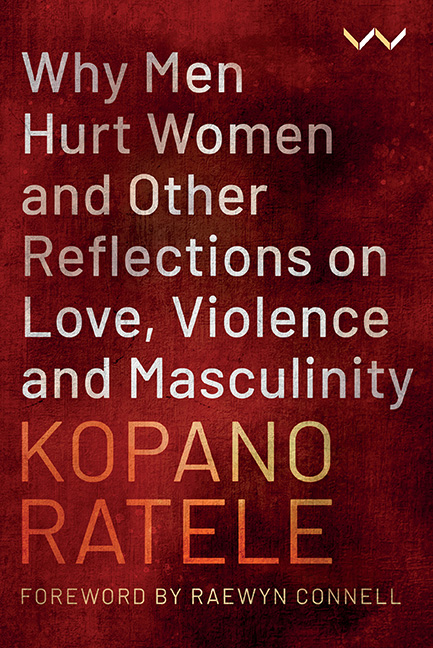3 - Love needs
Published online by Cambridge University Press: 24 November 2023
Summary
In 1943, the American humanist psychologist Abraham Harold Maslow published a number of papers on motivation. Two of these were ‘Preface to Human Motivation’ and ‘A Theory of Human Motivation’. While they are interlinked, it was the latter paper that went on to become one of the most influential theoretical framings of what motivates people.
Thousands of articles have been written about Maslow’s theory. Many psychologists and non-psychologists have been influenced by his ideas. Many critical appraisals, too, have been made of his work. No undergraduate psychology students, not only in South Africa but all around the world, can get through their studies without having learned about the ideas in Maslow’s theoretical articles on human motivation.
Parenthetically, I am impressed by the hegemonic influence of Maslow’s Euroamerican-centric theory, even though it is a perfect example of why there is a need to counter the dominance of such knowledge over us. The appeal of Maslow’s thought goes well beyond the discipline of psychology to influence many other fields, including business and management studies, social sciences and the humanities. The reach of his ideas on motivation is evident well beyond the United States of America. Right here, in a suburb of Cape Town, where the Khoi and San people used to live, we too know about Maslow’s hierarchy of needs. So, even though I am a scholar of a critical bent, which means one who thinks placing ourselves in the flow of life around us and digging through our experiences is the privileged way to understand our loves and identities, I cannot but be impressed with the hegemony of Maslow’s ideas.
It is probably the intuitive and optimistic nature of the humanist psychological ideas Maslow advanced that gave his theory its wide appeal. The main proposition of the theory is that there are five needs that motivate humans: physiological needs, safety needs, love needs, esteem needs and self-actualisation needs (figure 3.1). Note that the needs to self-actualise, to be esteemed and to be loved, like the needs for protection, housing and water, motivate behaviour.
A key element of the theory is that ‘human needs arrange themselves in hierarchies of pre-potency’.
- Type
- Chapter
- Information
- Publisher: Wits University PressPrint publication year: 2022



